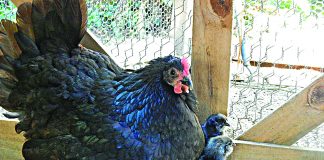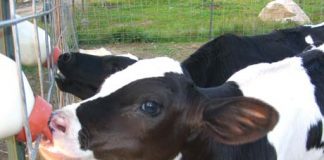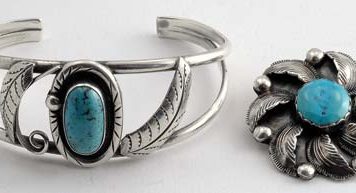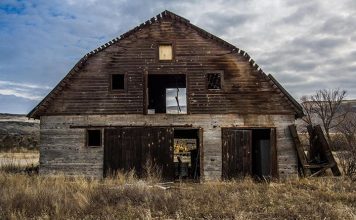| Issue #117 • May/June, 2009 |
The only thing we knew for certain when my wife and I moved to Gold Beach from the big city was we were passionate about good coffee, and we liked the ambience of coffee house businesses we had visited over the years. I had worked as a cook from time to time and I liked serving the public, so it wasn’t too much of a stretch to think of ourselves as owning our own coffee house.
|
To begin, we took a small business course at our local community college. Part of the course included writing up a business plan. The coffee house in its various formscafé, express drive up, bakery, etc.was a pretty hot trend in the 80s when we were planning our business, and it’s still popular today, though there is a lot more competition in the bigger cities. We thought the popularity of the trend could make the concept work anywhere.
We opened One Horse Coffee Company in January 1991 as a “shoe-string start up” in our town of Gold Beach, population 2500. We were the first coffee house in town with a roaster on site, and we served our own home-baked goods along with our coffee and espresso drinks. We always emphasized fresh, on-site-roasted coffee above anything else, and our coffee house always smelled good. We worked 80 hours a week.
Our roaster is a 5 lb. Sivetz fluid bed system, like a hot air popcorn popper, but bigger. They are manufactured nearby in Corvallis, Oregon, so I was able to drive up with my pickup truck, learn a little about the roasting procedure, and bring the machine back with me and set it up myself. We bought a used Faema espresso machine and a nice Rossi grinder after our home appliances couldn’t keep up with the commercial use.
There are a few pitfalls to watch out for in the small business start-up experience. The small town demographic can be tough with fewer potential local customers, but with more out-of-town customers coming during tourist season. We did our best business between June and October when fishing, jet boating, camping, and RVing are at their peak.
Our lease arrangement (two-year options) finally ran out in 1999, and we lost our great highway-frontage location. We moved our business to our 10-acre home property, but by then after nine years our business was well-established. We continue to service local orders for hand-delivery, as well as phone and mail orders, and wholesale coffee sales to other local establishments.
Even people who came into our shop while on vacation continue to call our toll-free number, 1-800-574-BEAN (1-800-574-2326). People still like what we do best, roasting and shipping beans right away. Once coffee is roasted it’s a perishable product; if it sits around for more than a few days the oils (and flavors) start to evaporate and you are left with coffee with a flat or bitter taste.
Our business would not have survived if we hadn’t been able to change our focus from storefront to mail order. Switching to mail order also freed us up to pursue other income opportunities, like catering coffee and home-baked goods for local events. I also supplement our income by painting houses and doing handyman work. During economic hard times it helps a lot to be available for other jobs when the opportunity comes along. Even if your small business starts out just as supplemental income, that’s fine. Just watch your bottom line, grow your business, and be flexible enough to survive economic changes.

















